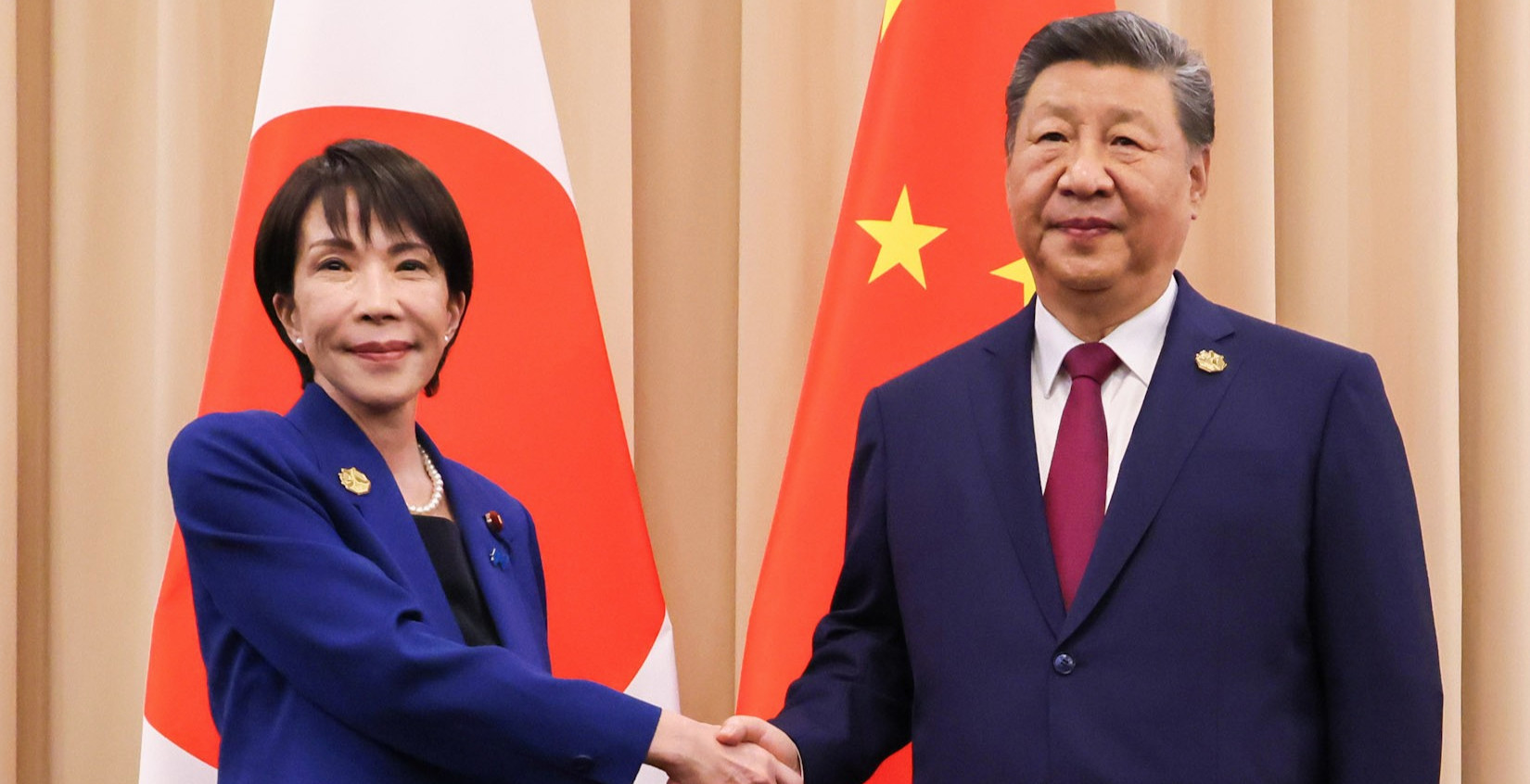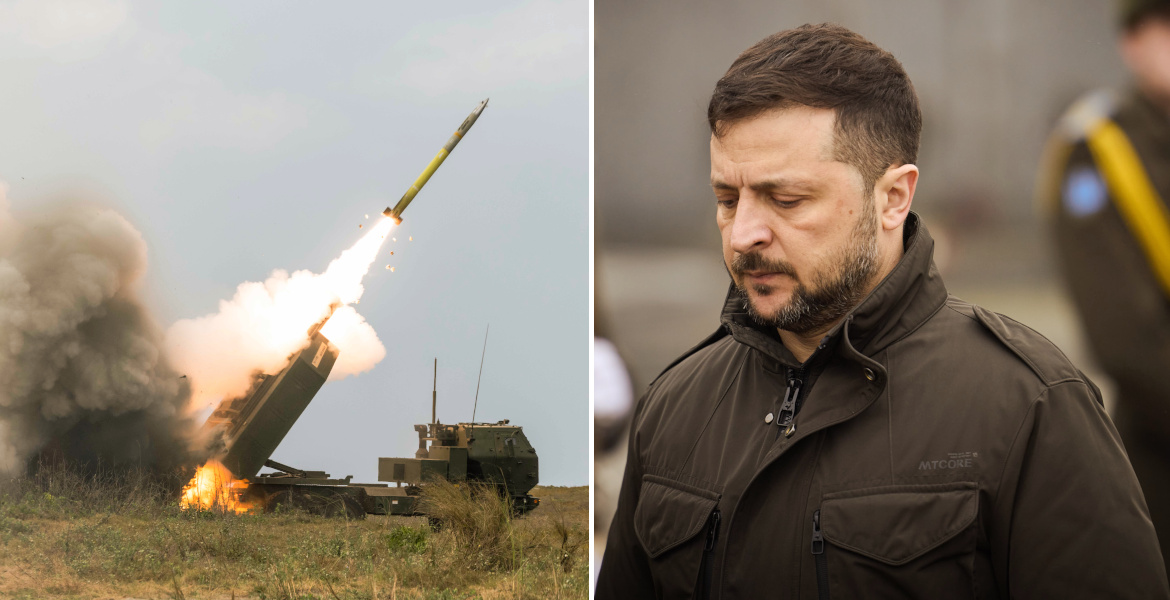LabFarm, the only company in Poland that produces lab-grown meat, will receive tens of millions of zlotys in government grants to expand its operations. The grant will help the company increase its capacity and "scaling up" production.
Founded in 2022, the company claims to produce “clean, genuine meat” that is “also safer (than traditional sources) as it is free of antibiotics and contaminants”. The main focus has been on chicken products, with chicken meatballs being introduced this year.
In short, lab-grown meat involves taking stem cells from animals and "growing" them into various meat products. The method has been praised by some who claim it is more environmentally friendly than today's meat production, while many others have sharply criticized the method for, among other things, threatening the activities of traditional farmers. In Italy, for example, and in the state of Florida, lab-grown meat has been banned.
LabFarm will receive nine million Polish zlotys, equivalent to just over €2 million, in funding from the National Centre for Research and Development (NCBiR).
“Obtaining the grant means that LabFarm can implement a research plan consisting of increasing production capacity and scaling up production, optimising bioprocesses, working on proprietary recipes for nutrients, structuring the food product and increasing employment”, the authority writes according to Notes from Poland.
LabFarm also writes that it will use the grant to, among other things, increase the number of employees and create a prototype of soft animal feed, according to its Facebook page. The company also plans to expand its operations to sell products throughout Europe.





